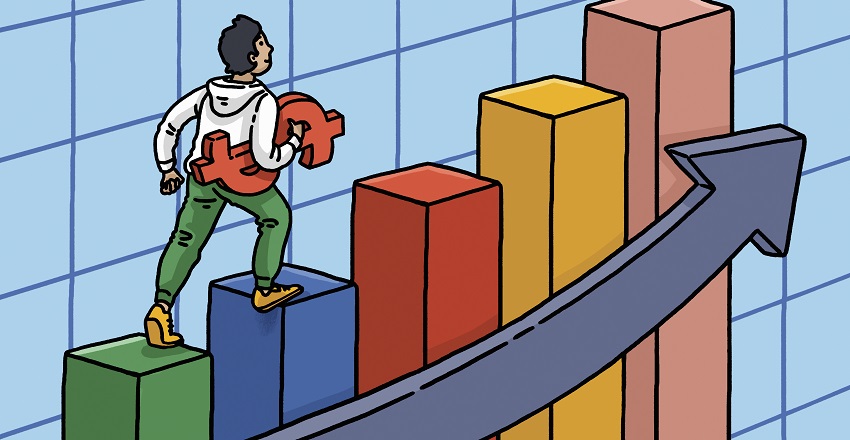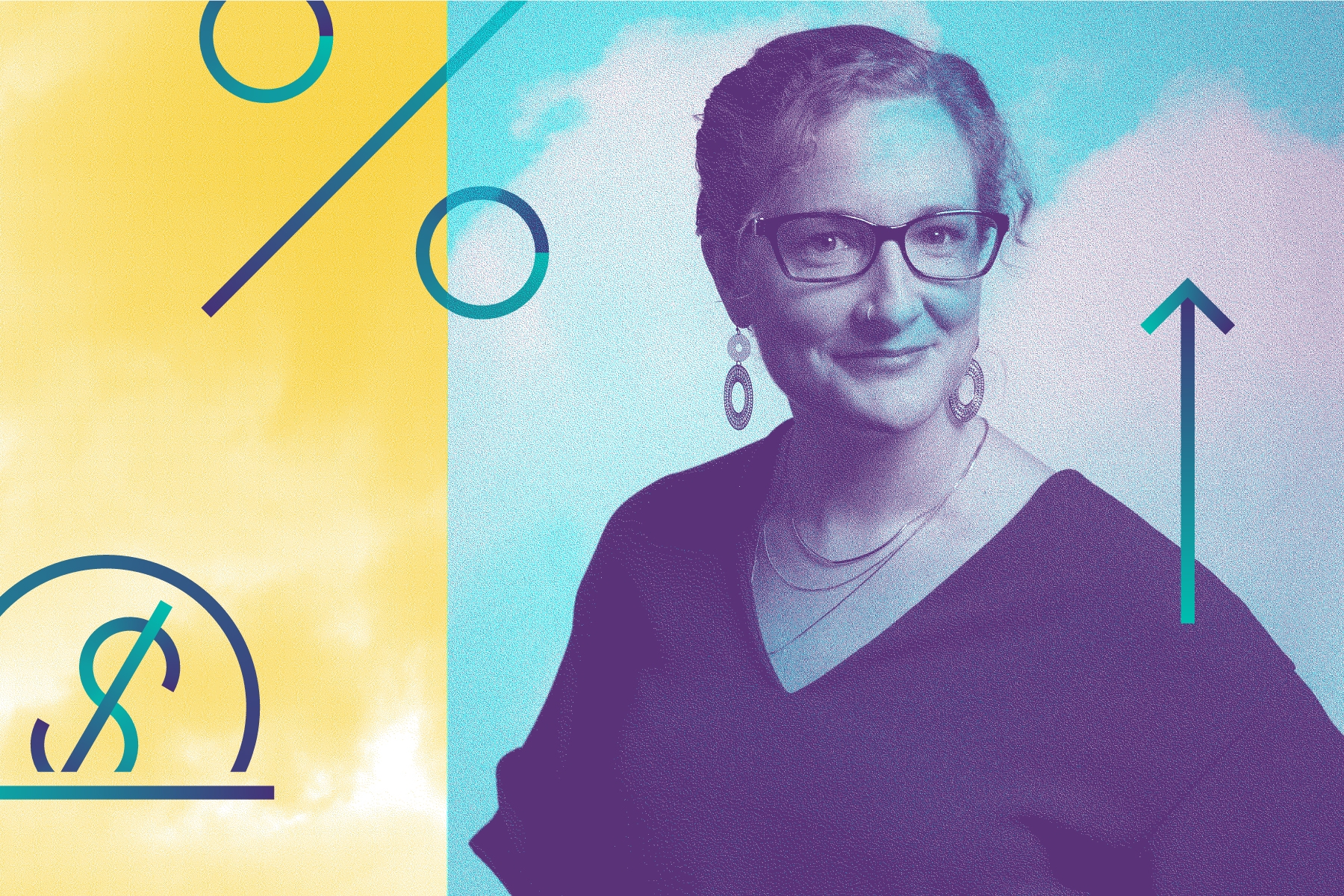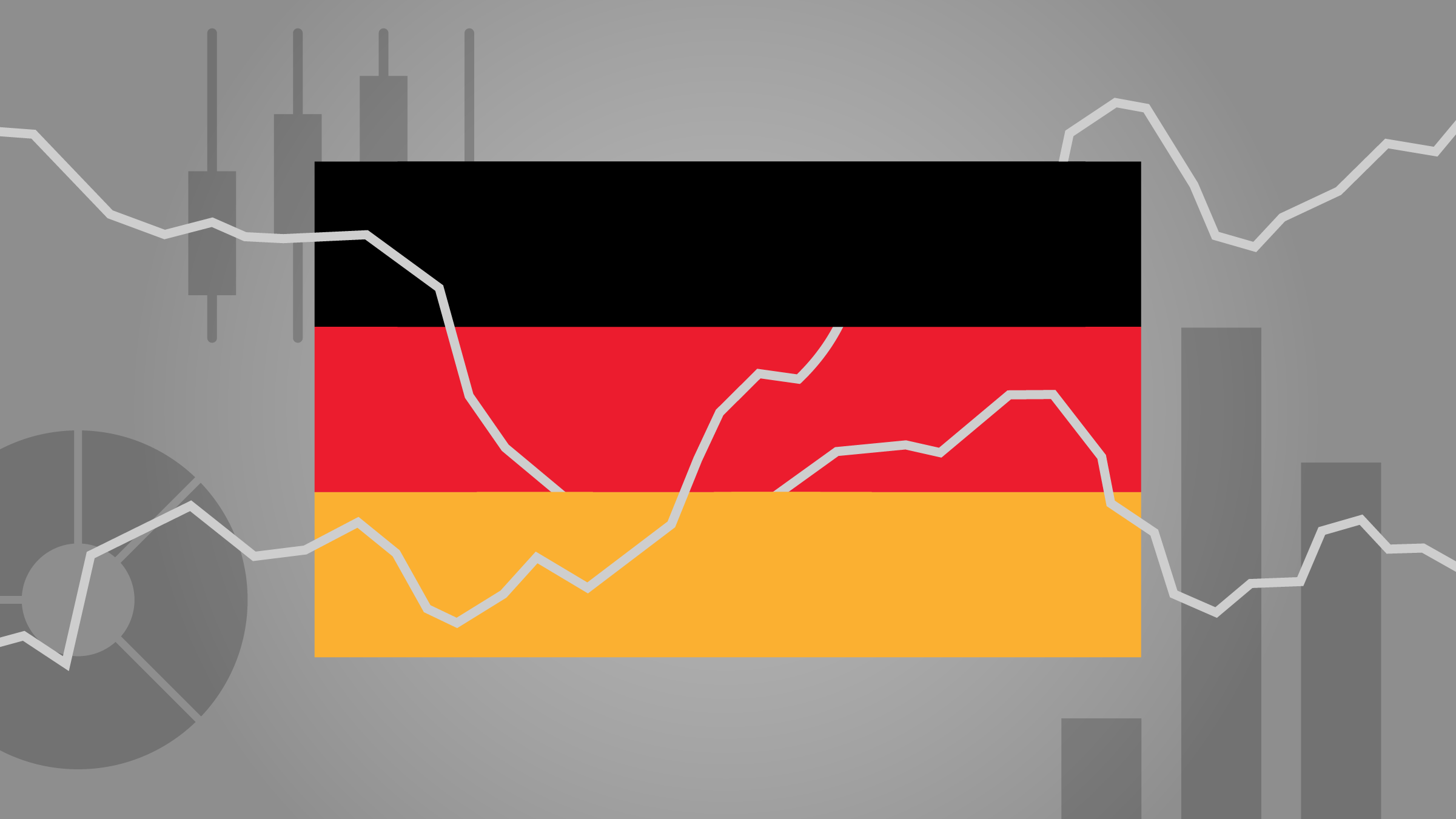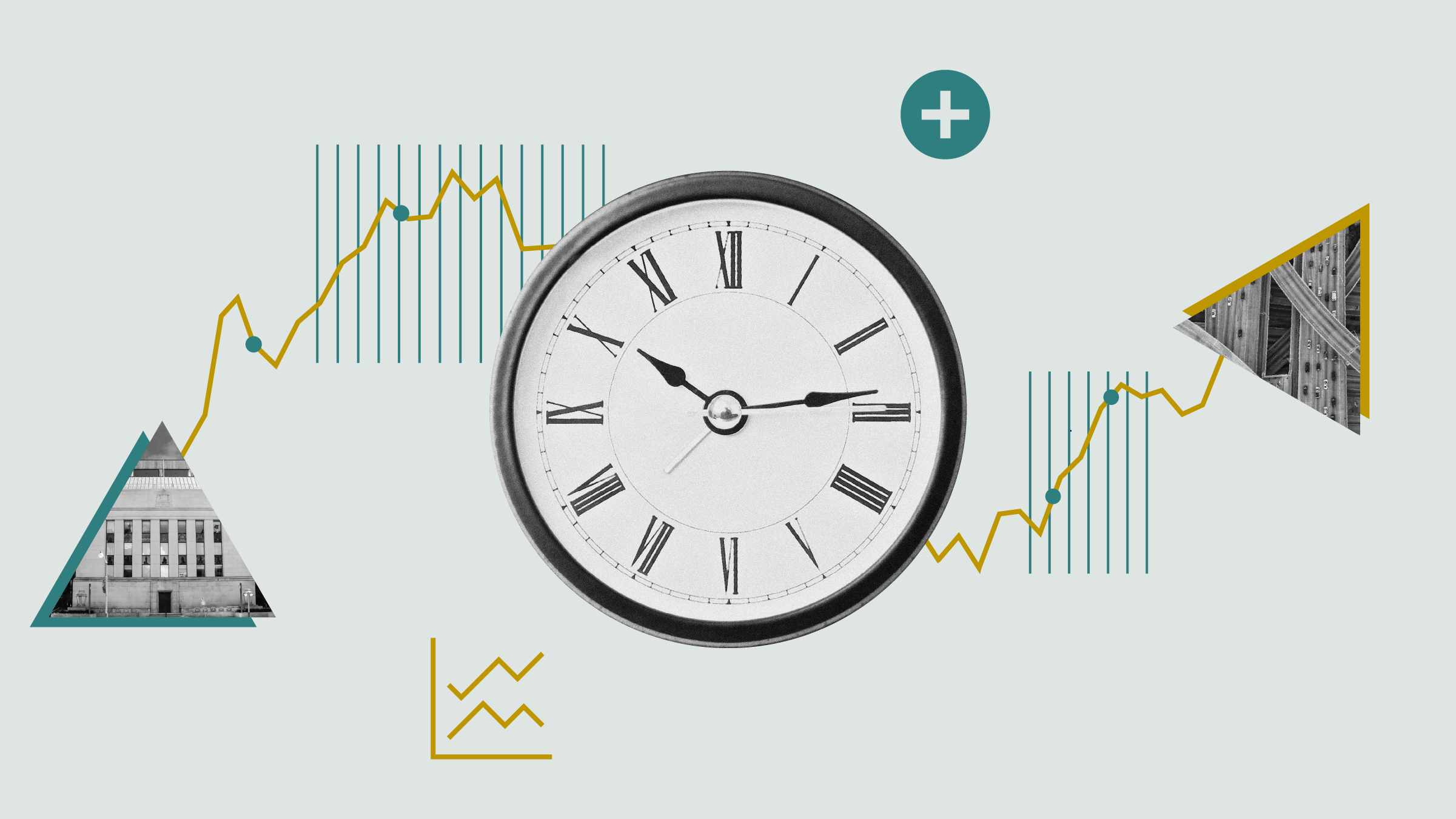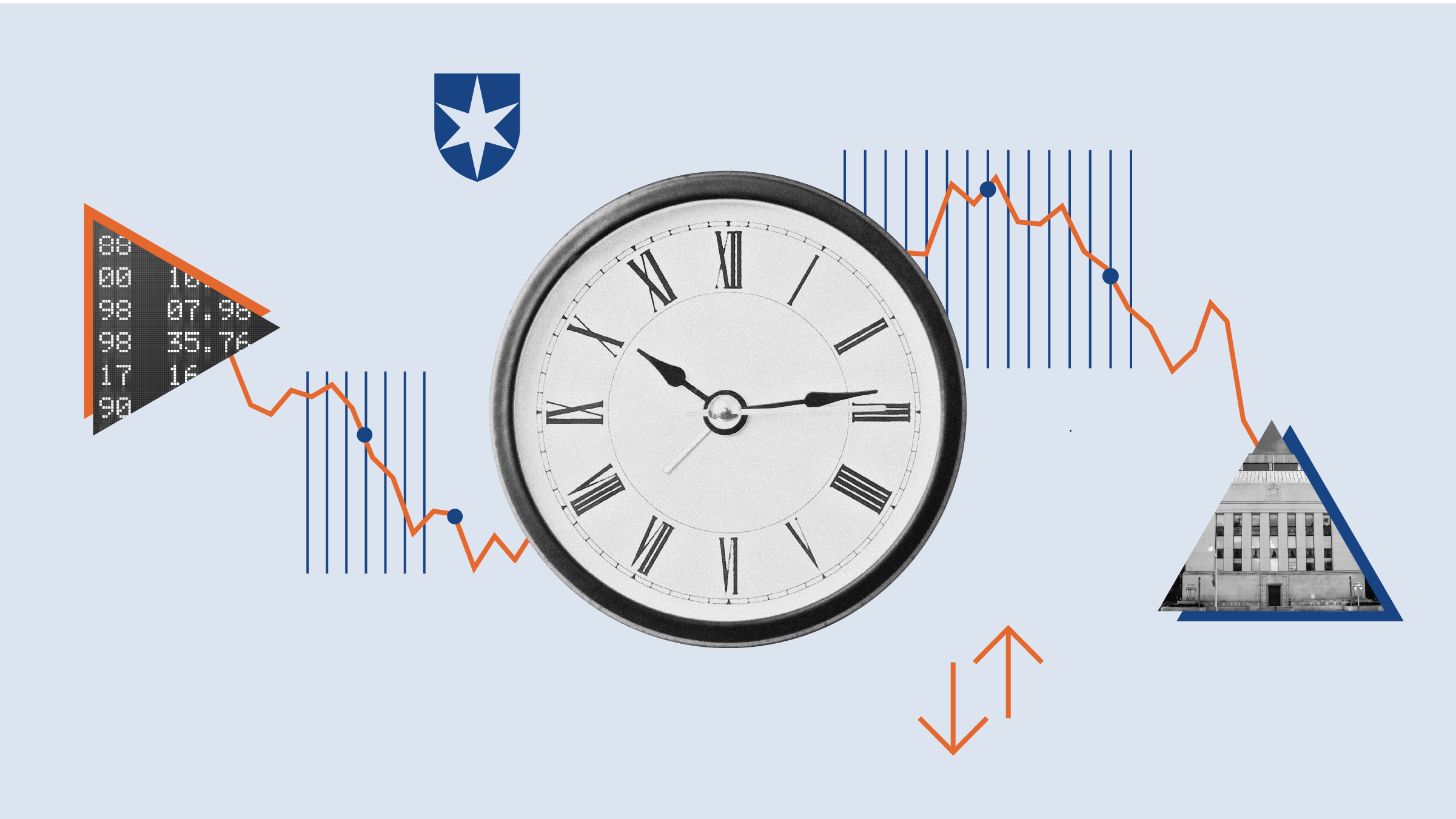
There are certainly legitimate reasons for the occasional trade. Some trading is the result of long-term planning and the execution of a solid strategy.
However, repeated studies, including Morningstar’s annual Mind the Gap report, demonstrate that investors who actively trade tend to underperform the market. If trading is detrimental, why does trading behaviour persist?
As with most things involving human decisions the answer is “it depends.” There are at least four separate motivations for problematic trading. On the emotional side, we have the usual suspects: fear and greed. Cognitively, we can point to overconfidence and sensation-seeking. Here, I’ll give a short overview of each, and we will dive deeper into causes and solutions in the coming weeks.
Fear
"I know what we agreed to, but I can’t afford to lose any more money," is a familiar theme for financial advisers during bear markets.
In the summer of 2020, I had the opportunity to sit in on a call between the executors and beneficiaries of a trust. The beneficiaries were worried about further losses and wanted to significantly cut back their equity exposure.
In the end, since the terms of the trust severely limited the percentage of money that could legally be moved, the family decided to stay the course. A year later, they were grateful for having done so.
When faced with the pain of significant loss, some investors are willing to deviate from their long-term strategy in order to reduce uncertainty in the moment.
In the long run, this is generally a bad idea given that markets historically have rebounded and rewarded investors for staying the course. In the moment, the feeling of power from taking action, and certainty from reducing risk exposure, can feel more valuable than an abstract possibility of future rebounds.
Greed
Desire is a powerful motivator. When billionaires fill the airwaves with tales of turning their $2,000 retirement fund into $5 billion, it’s hard not to get excited about investing. However, these kinds of gains are extremely rare, and the speculation that leads to them is more like buying lottery tickets than investing.
Greed can foil investors in a manner similar to fear. Intense emotion clouds judgment and confuses strategic thinking. Greed leads some to put far too much of their money into speculative investments, or ride the high of gains, buying up more and more hoping to time the peak, only to be left holding the bag when the hype cools and the herd moves on.
Overconfidence
Overconfidence is the degree to which an investor overestimates their ability to generate returns. Studies have linked overconfidence to biases in memory, beliefs that one has superior information or skills, learning the wrong lessons from past successes, confirmation bias, wishful thinking, gender, and failure to consider unknowns. [1], [2], [3], [4] All these things can add up to the belief that we know better than the market.
The irony is that overconfidence leads to frequent trading, and frequent trading leads to underperformance. [5] So, the more “in the know” you think you are, and the more confident you are that your knowledge and skill will help you beat the market, the more likely you are to lose money compared with those who ignore all that special information and do nothing.
Sensation-Seeking
Finally, let’s talk about one of the most well-known secrets in the investment world: playing the market is an adrenaline rush.
As much as we may talk about buy-and-hold as a superior method for generating returns over time, the reality is that many people aren’t interested a long, slow, plod toward eventual wealth. What gets many people interested in the stock market is the potential for fast money and the hunt for the 10, 20, or 100-bagger. [6]
Market gamblers are most attracted to stocks that have lottery-like qualities like high idiosyncratic risk and high volatility. Penny stocks, junk bonds, and “meme stonks” appeal to the high-stakes speculator. The idea is the same as playing the lottery or going to a casino: with each trade, you have a high probability of a small loss (your initial investment) and a small probability of an astronomical gain. Part of the draw to this type of trading is the sheer entertainment value. [7]
There is a lot to unpack when it comes to stock market gambling, and we will certainly do that in future articles. For now, I have just two points to make. First, gambling and investing are different games, and they are played by different rules. I’ve said it before, but it’s worth reiterating: Speculation is legal and fun, but it is not the same as long-term investment and it shouldn’t be done with your life’s savings.
Summing Up
In closing, despite a glut of evidence showing that trading is hazardous to our wealth, many of us still do. The fearful trader wants to reduce uncertainty and the pain of loss. The greedy trader wants to supercharge their gains. The overconfident trader believes they have superior knowledge or skill, and the gambler loves the thrill of the trade.
Not all investors are motivated by the same things. If you know what’s driving your own behaviour, you will have a better chance of improving it by employing strategies to counter the biases, manage emotions, and reduce the potential for significant harm.
References
[1] Barber, B. M., & Odean, T. (2000). Trading Is Hazardous to Your Wealth: The Common Stock Investment Performance of Individual Investors. The Journal of Finance, 55(2), 773–806.
[2] Gervais, S., & Odean, T. (2001). Learning to Be Overconfident. The Review of Financial Studies, 14(1), 1–27.
[3] Glaser, M., & Weber, M. (2007). Overconfidence and trading volume. The Geneva Risk and Insurance Review, 32(1), 1–36. http://www.jstor.org/stable/41953463
[4] Walters, D. and Fernbach, P. (2021) Investor memory of past performance is positively biased and predicts overconfidence, PNAS, 118(36).
[5] Barber, B. M., & Odean, T. (2000). Trading Is Hazardous to Your Wealth: The Common Stock Investment Performance of Individual Investors. The Journal of Finance, 55(2), 773–806.
[6] This is a term coined by the folks over at the Motley Fool to indicate a stock that returns 100 times your initial investment.
[7] Dorn, D., & Sengmueller, P. (2009). Trading as Entertainment? Management Science, 55(4), 591–603.





